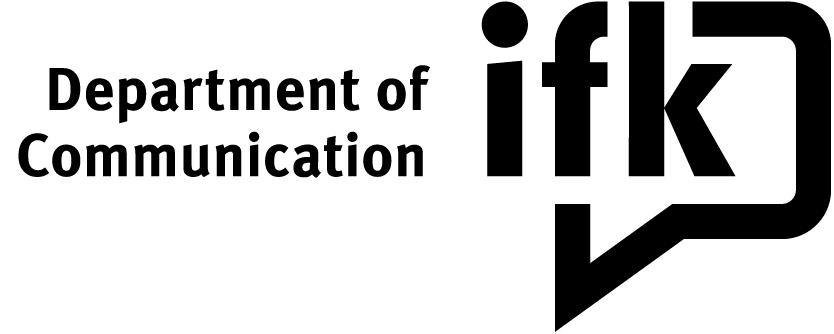Abstract
As part of the societal context, the public discourse on digital self-management can influence individuals’ self-management of chronic diseases. Media are one of the most important sources for health-related information. To understand how digital media are used to cope with stressors, it is thus of importance to analyze the public discourse on these issues. A systematic study of the news reporting on digital media use in the context of chronic diseases does not exist. Therefore, this project will analyze the news reporting on digital media use for the self-management of chronic diseases, drawing on the framing approach and news value theory. In addition, it aims to understand what role scientific evidence of the benefits and risks of using digital media for the self-management of chronic diseases plays in the coverage.
The project aims to contribute to a theoretical and empirical understanding of patterns of reporting on digital media for coping with stressors. It does so (1) by analyzing the share of reporting on digital media use for the self-management of chronic diseases within the entire coverage of chronic diseases and (2) by analyzing reporting on digital media for the self-management of chronic diseases with regard to topics, frames, and news factors and the construction of scientific evidence.
The project includes two studies: (1) An automated content analysis will be carried out to analyze the entire coverage of chronic diseases to investigate how the topic of digital media use for the self-management of chronic diseases is constructed within the coverage and to assess its share. (2) Manual content analysis will be used to tease out more detailed aspects of the reporting on digital media use for the self-management of chronic diseases, such as news factors and the construction of scientific evidence. Finally, the results of the automated and manual analysis will be integrated.
The results will reveal patterns of reporting on digital media use for self-management of chronic conditions and contribute to the overarching question of digital coping with chronic conditions from a societal and macro-perspective. The project will provide information for journalists on possibilities to deal with scientific evidence with regard to digital media use.

